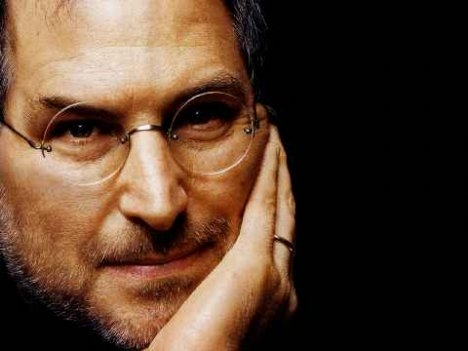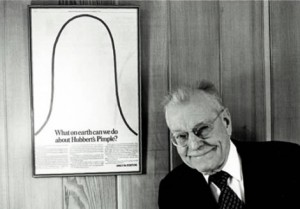Hello Sauder and the rest of the world,
As my first crack at the blogging cyberspace (yes, I know, I’m a bit late to the party), I feel the urge to make this somewhat memorable. Unfortunately, the creeping drowsiness that seems to rear its head at the most inconvenient times is back with a vengeance. In other words, I’m a bit tired and my brain is drawing blanks. My body must be hinting at payback for that Frosh weekend. Go figure.
Scrambling for business stories really isnt the best way for someone to start their blogging foray, as you can imagine. And considering this is the first post, and Kroeker (I really hope I nailed that spelling; true, I could check online for the proper spelling, but I figure this post wont formally count since we have not gotten to talking about the blogging portion about our mark in class yet). Scratch that, instead of “I figure”, I really should have typed “I hope”. Oh well. So much for backspace.
Anyways, I could actually move on and start talking business now. This is about as informal as it gets, with clauses and sentence structure being thrown wherever my somewhat deranged mind places them. I could ramble on about the events that have transpired with News Corp, more specifically its now defunct tabloid News of the World. If you have no idea who or what News Corp is… they are only one of the biggest media empires in the world. I believe they rank only second to the BBC in the world as the largest and most influential media group. Not only do they own television channels like FOX and National Geographic, but they also own a vast majority of the world’s major newspapers, including News of the World, one of Britians most popular tabloids, which has also gotten them into a little bit of trouble… If you’re not sure about the trial I’m referring too… I suggest you google it or wiki it. Pretty interesting stuff. Honestly, its Murdoch’s son James thats getting the short end of the stick here (Thats Rupert Murdoch, the founder of the company). James is likely to lose his job as CEO of the company… and lets face it, Rupert is already among the rich of the rich, and the guy is getting up there in age. Unfortunately for James, hes a young guy, and well, so much for inheriting the company on a good note. But hey, daddy’s inheritance must be pretty good right?
 Comments(0)
Comments(0)

